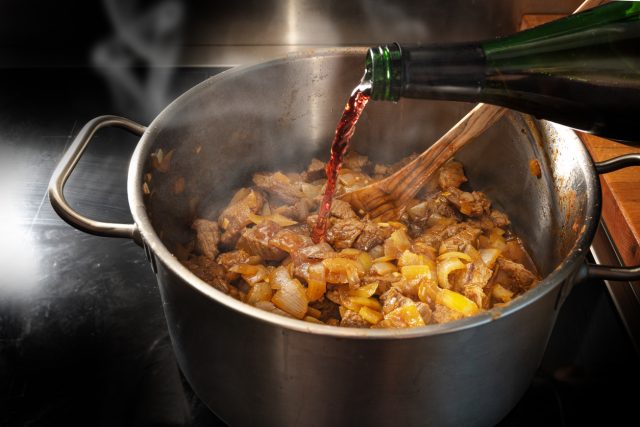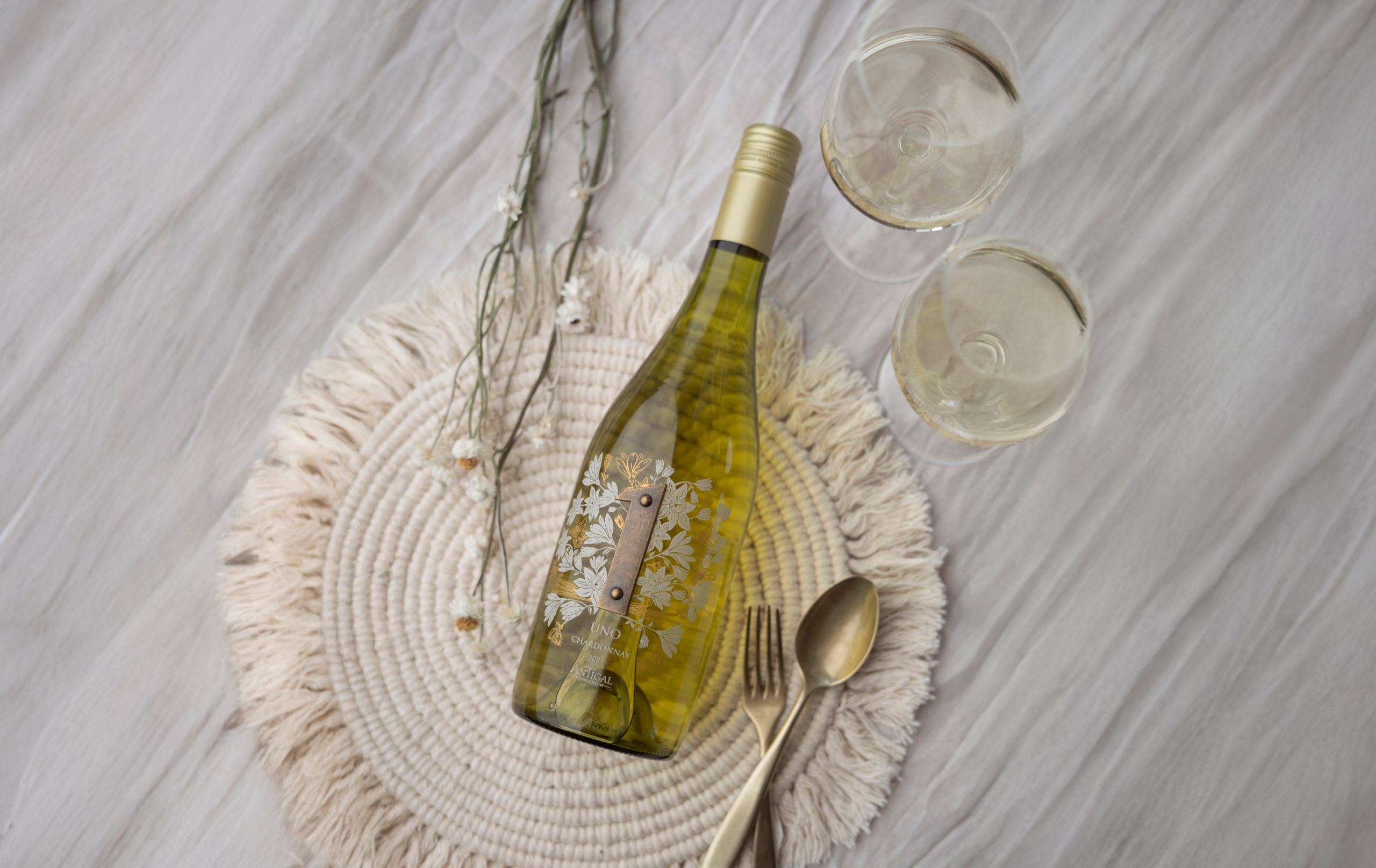Why the wine rarely vanishes – the truth about cooking with alcohol
It is a claim often whispered across chopping boards and tasting menus alike – don’t worry, the alcohol all cooks off. But as with so many culinary myths, this one dissolves under scrutiny.

While heat certainly causes alcohol to evaporate, the idea that it disappears entirely during cooking is far from accurate. Depending on how and how long you cook, a considerable proportion of the original alcohol may remain. For the home cook, the professional chef and indeed the thoughtful drinker, this is worth a closer look.
Science in the sauté pan
Ethanol, the intoxicating component in alcoholic beverages, has a lower boiling point than water – just 78.5°C compared with water’s 100°C. This leads many to assume that the alcohol in a dish vanishes swiftly under heat. But in the complexity of a kitchen, with liquids reducing, sauces thickening and lids trapping steam, evaporation is anything but straightforward.
The USDA, in partnership with the Journal of the American Dietetic Association, has measured residual alcohol in cooked food:
| Cooking method | Alcohol retained |
|---|---|
| Added to boiling liquid, removed from heat | 85% |
| Flambéed | 75% |
| Simmered for 15 minutes | 40% |
| Simmered for 1 hour | 25% |
| Simmered for 2.5 hours | 5% |
So, even after a generous braise or slow simmer, a meaningful amount of alcohol can remain. That isn’t necessarily a problem – but it does challenge a widely held assumption.
Alcohol’s culinary merit
It would be a mistake to approach this topic with puritanical alarmism. Alcohol, when used thoughtfully, is a glorious tool in the hands of a good cook. Wine, beer and spirits bring complexity, aroma and structure to a dish that water or stock alone rarely achieve.
The tannins in red wine can add backbone to a beef stew. Madeira brings a nutty richness to pan sauces, while vermouth lends subtle herbaceous notes to risotto. In desserts, rum, sherry or whisky can transform cream and sugar into something far more beguiling.
Partner Content
Yet, many of these preparations do not cook for hours. A classic vodka sauce, simmered for perhaps 20 minutes, may retain up to 40% of its original alcohol content. A flambéed crêpe Suzette can leave behind three-quarters of the spirit poured over it. Even beer-battered fish may carry residual alcohol, depending on frying time and batter thickness.
For whom it matters
There are contexts in which alcohol retention becomes more than academic. Teetotallers, those in recovery, people of faith and pregnant individuals may all wish – or need – to avoid even trace levels of alcohol.
In these cases, accuracy matters. Labelling packaged products with alcohol-containing ingredients is already a regulatory necessity in some markets, but the same transparency is not yet universal in hospitality.
A restaurant might offer a bourguignon or zabaglione without any indication that alcohol remains. While the quantities may be small, diners should not have to guess – particularly when the myth of complete burn-off has been so widely repeated.
A new kitchen clarity
Fortunately, the conversation is changing. More chefs are now aware that alcohol does not always cook off. Many adapt their recipes – using dealcoholised wine or alcohol-free infusions where appropriate – and inform diners when spirits, liqueurs or wines are used in preparation.
There is no need to shy away from alcohol in the kitchen. Indeed, its place in gastronomy is both ancient and evolving. But just as we seek transparency in sourcing, labelling and allergens, the same courtesy should extend to alcohol in food.
In the end, the real issue is not whether there is a hint of red wine left in the sauce. It is whether the diner knows it is there – and can make an informed choice.
Related news
HMRC confirms no duty on low-ABV cooking alcohols





Very interesting article/info … obviously in the kitchen we often use dealcoholised wines which will reduce stats considerable.